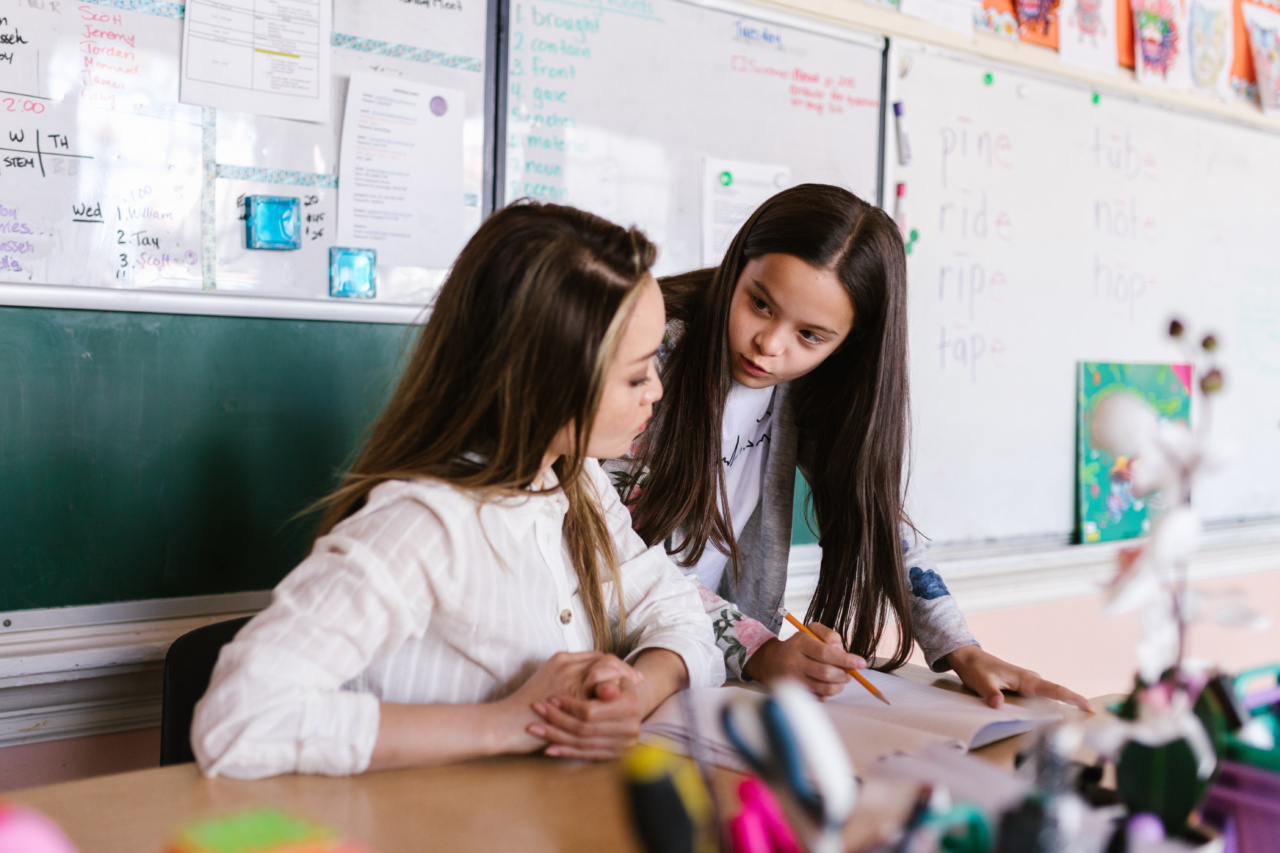Starting elementary school is an exciting but nerve-wracking milestone in a child’s life.
For many kids, it’s the first time they’ll be away from their parents for an extended period, and they’ll be meeting new teachers, friends, and routines. As a parent or caregiver, it’s essential to make sure your child is prepared for the first day of school to ensure a smooth transition into elementary education.
Develop a Routine
Before the first day of school arrives, it’s essential to develop a routine. Your child will be waking up early, getting dressed, and eating breakfast at a specific time.
Determine what time your child needs to wake up to get dressed, have breakfast, and be out the door in time for school. It is also crucial to set a bedtime; children need an adequate amount of sleep to function well in school.
Practice School Tasks
Practice school tasks before the first day of school arrives. Practice the skills your child will need to succeed in school.
You can guide them how to pack and unpack their bags, how to organize their school supplies, how to tie their shoelaces, and how to use a pencil sharpener. Practice these skills with your child to reinforce the importance of being organized and prepared for school.
Tour the School
If possible, tour the school before the first day of school. Allow your child to familiarize himself with the school and its surroundings. Point out where the classrooms, bathrooms, cafeteria and playgrounds are, so your child knows where to go.
Knowing the layout and become familiar with the school will help reduce anxiety and may help your child have a more relaxed first day of school.
Meet Your Child’s Teacher
Meet with your child’s teacher before the first day of school. Introduce your child to her so that the teacher can put a face to a name. You can also discuss your child’s learning style, interests, and any learning or behavioral needs.
This meeting will also provide an opportunity for you to ask any questions about the school or classroom.
Prepare for the Drop-Off
Preparing for the drop-off on the first day of school can be a traumatic experience for some parents and children. Develop a goodbye routine for you and your child.
It’s essential to say goodbye to your child, but it’s also essential to leave quickly. Prolonging the goodbyes can cause anxiety for both parent and child. Once you say goodbye, your child will be immersed in activities and will likely forget about your departure quickly.
Provide Reassurance
Starting elementary school can be overwhelming for children; it’s therefore essential to provide reassurance.
Encourage your child by building their confidence, reminding them you’ll be there to support them, and reinforcing that school is a secure place to learn and make new friends. Listen to their concerns and fears and acknowledge their feelings. Reassurance and positivity can go a long way in calming nerves and anxiety.
First Day Jitters are Natural
If your child experiences first-day jitters, know that it’s a natural part of the start of school. Provide support and reassurance and let the teacher know about any concerns they have.
The teacher is there to help your child have the best possible start to their education.
Adjusting to Changes
The transition into elementary school is not just a significant change for children but also for parents or caregivers. Adjusting can be tough, especially if you’ve spent the summer with your child at home.
It’s essential to prepare yourself for your child’s schedule change and stay involved throughout their education. Get involved with the school, help with homework, and be supportive through their educational journey.
Conclusion
The first day of elementary school is a milestone moment that can create apprehension and excitement in both parents and children.
By implementing the ideas outlined above, you can help your child feel prepared and confident for their first day at school. Remember to stay involved, talk to the teacher and reassure your child that school is a safe place to learn and make new friends. With your love and support, your child can have a successful and rewarding academic journey.






























